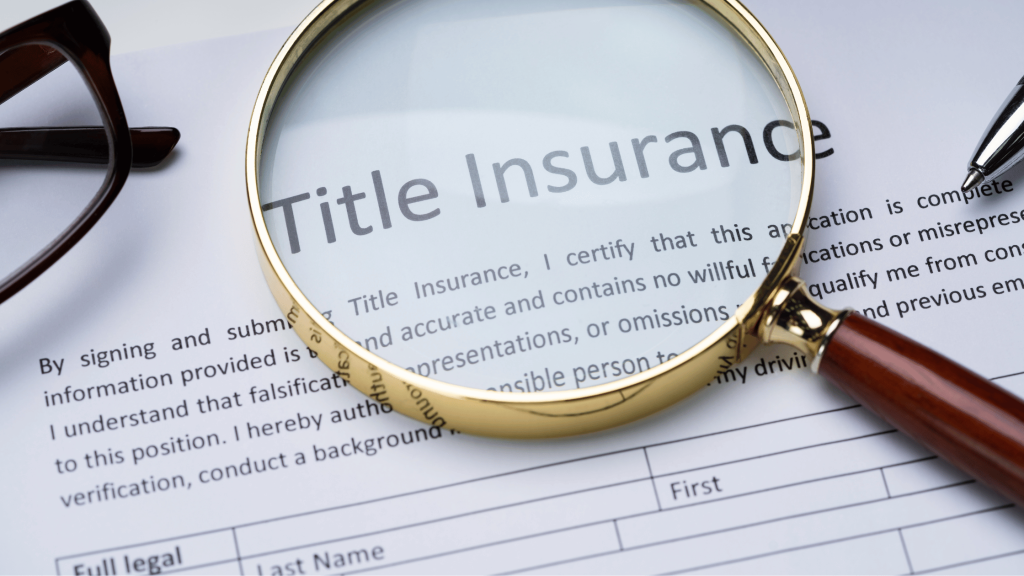Due Diligence Checklist: Safeguarding Your Investment in a Residential Property
Purchasing a residential property is a significant investment, and navigating the process can feel overwhelming. This comprehensive due diligence checklist serves as your guide to ensure you make an informed and confident decision. Remember, this checklist as adopted by Consumer Affairs Victoria provides a starting point, and seeking professional advice is crucial for navigating specific aspects.
Before diving into your dream home, consider these crucial areas:
Urban living:
- Noise and odours: Inner-city living often comes with increased noise and potential odours from bustling nightlife and businesses. Familiarise yourself with the area’s character to avoid unpleasant surprises.
- Owners corporation: If the property is part of a subdivision, it may be subject to an owners corporation with fees and restrictions, such as pet ownership regulations. Understand your potential obligations beforehand.
Growth areas:
- Infrastructure contribution: In growth areas, a mandatory contribution towards infrastructure development might be required. Investigate this potential cost.
Flood and fire risk:
- Natural disasters: Certain locations might be prone to flooding or bushfires. Assess these risks and their implications for land management, building safety, and insurance premiums.
Rural properties:
- Lifestyle compatibility: Consider surrounding land use; farming activities can generate noise and odours that might not align with your expectations.
- Native vegetation: Removing native vegetation is heavily regulated. Understand legal restrictions before purchasing.
- Weed and pest management: As a property owner, you might be responsible for managing weeds and pest animals in rural areas.
- Building and development: Explore potential limitations on constructing new dwellings due to crown land, water frontage, or existing infrastructure.
- Mining activity: Investigate any ongoing or planned mining activities in the area and their potential impact.
Soil and groundwater contamination:
- Past land usage: Previous activities on the property or surrounding land might have caused contamination. Be aware of potential restrictions for future development.
Land boundaries:
- Matching boundaries: Ensure the boundaries depicted on the title document align with existing fences and buildings. Seek professional assistance if discrepancies arise. Further information on land boundaries can be found at Land Use Victoria.
Planning controls:
- Land use restrictions: Understand zoning regulations and potential overlays that affect how the property can be used and developed.
- Development permits: The local council can inform you about existing or proposed building permits in the vicinity, which might affect the property’s value and character.
- Encumbrances: Check for any encumbrances on the property’s title that might restrict development.
Building safety:
- Professional inspections: Invest in professional building inspections to assess electrical safety, potential illegal alterations, pool/spa fencing compliance, and the presence of hazards like asbestos or termites.
Building permits and insurance:
- Approved alterations: Ensure any completed or planned alterations comply with building regulations and possess relevant permits. The local council or a private surveyor can provide guidance.
- Insurance coverage: Verify if recent building or renovation works are covered by insurance against potential defects.
Utilities and essential Services:
- Availability and Costs: Confirm that the property has functioning connections for essential services like water, sewerage, electricity, gas, internet, and phone. Factor in potential connection fees or limited availability in rural areas.
Buyers’ rights:
- Understanding contracts: Thoroughly review the contract of sale and section 32 statement, which contain crucial information about the property. Consider seeking legal or conveyance advice to ensure your rights are protected throughout the process.
Additional considerations:
- Tailor the due diligence checklist: Adapt this due diligence checklist to your specific needs and the property type you are considering.
- Seek professional advice: Don’t hesitate to seek help from qualified professionals like lawyers, conveyancers, or building inspectors for in-depth guidance.
By diligently following this due diligence checklist and seeking professional assistance, when necessary, you empower yourself to make informed decisions and invest confidently in your dream home. Remember, the due diligence checklist is key to secure a future filled with peace of mind and enjoyment in your new property.
For detailed guidance tailored to your specific situation contact Haitch Conveyancing at (03) 8590 8370. We are a team of experienced property lawyers who can help you understand the due diligence checklist. We are an online property law and conveyancing firm that can assist when buying or selling property.
This update does not constitute legal advice and should not be relied upon as such. It is intended only to provide a summary and general overview on matters of interest and it is not intended to be comprehensive. You should seek legal or other professional advice before acting or relying on any of the content.




